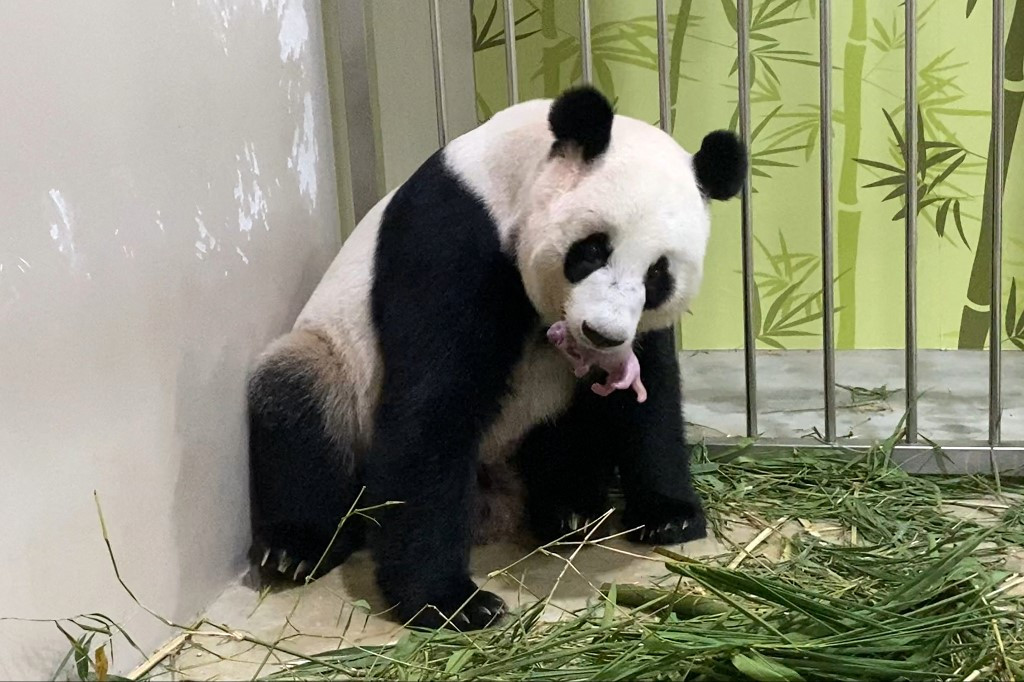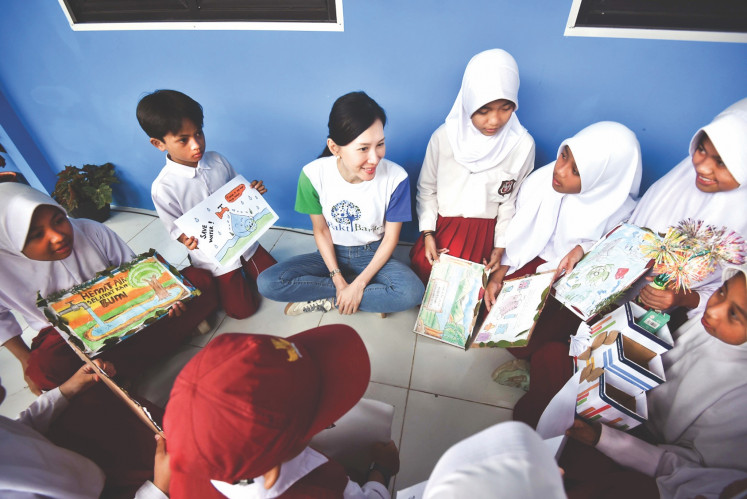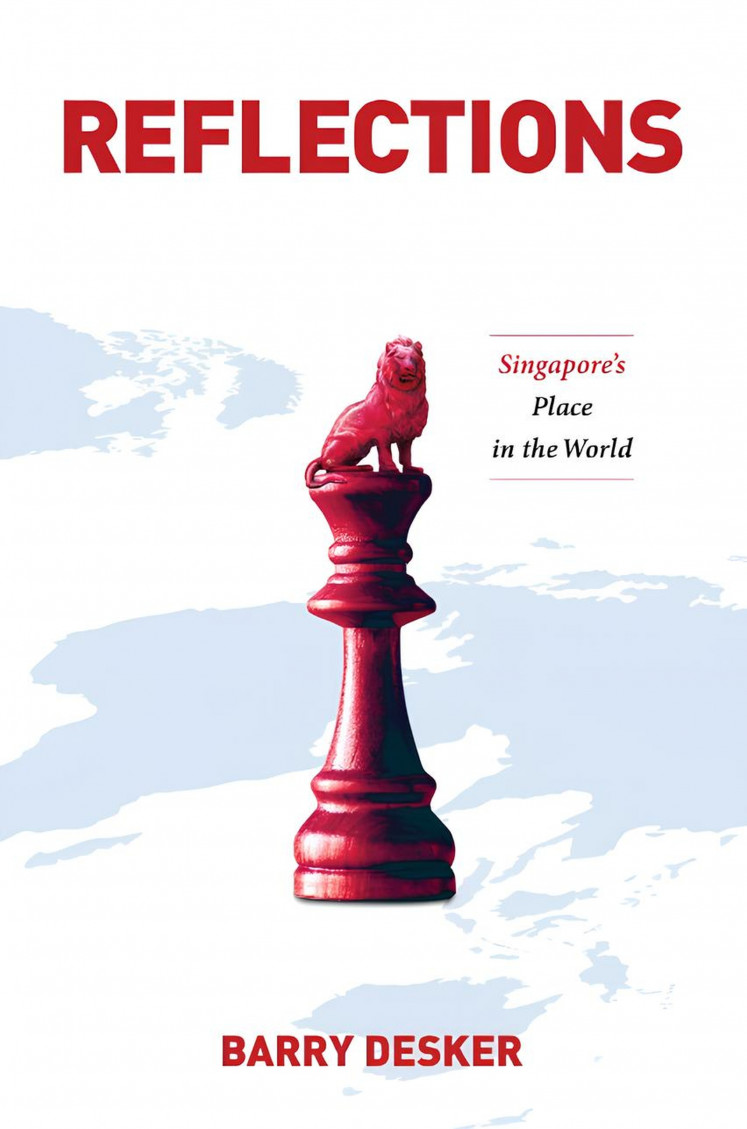Popular Reads
Top Results
Can't find what you're looking for?
View all search resultsPopular Reads
Top Results
Can't find what you're looking for?
View all search resultsSingapore zoo breeds first panda cub
Change text size
Gift Premium Articles
to Anyone
A panda bred via artificial insemination was born in Singapore's zoo on Saturday, the first cub to be born in the city-state.
Jia Jia, the zoo's 12-year-old female giant panda, gave birth to the cub after she was inseminated with frozen semen from 13-year-old Kai Kai, Wildlife Reserves Singapore announced on Sunday.
After several failed attempts in previous years, the zoo's animal carers -- working with experts from China -- hoped the pandas would mate naturally but ultimately decided to use artificial insemination.
"Jia Jia's first pregnancy and birth of a cub is a significant milestone for us in the care of this threatened species in Singapore," said Cheng Wen-Haur, Wildlife Reserves Singapore's deputy CEO, in a press release.
"This is the result of good animal care, assisted reproductive science and sheer perseverance on the part of our staff coupled with valuable advice from the China panda experts."
The pandas are on a 10-year loan from China and arrived in Singapore in 2012.
Panda reproduction -- in captivity or in the wild -- is notoriously difficult, experts say, as few of the animals get in the mood or, even when they do, do not know how to mate.
Further complicating matters, the window for conception is small since female pandas are in heat only once a year, for about 24-48 hours.
The giant panda is listed as a vulnerable species by the International Union for Conservation of Nature, with fewer than 2,000 thought to remain in the wild.











